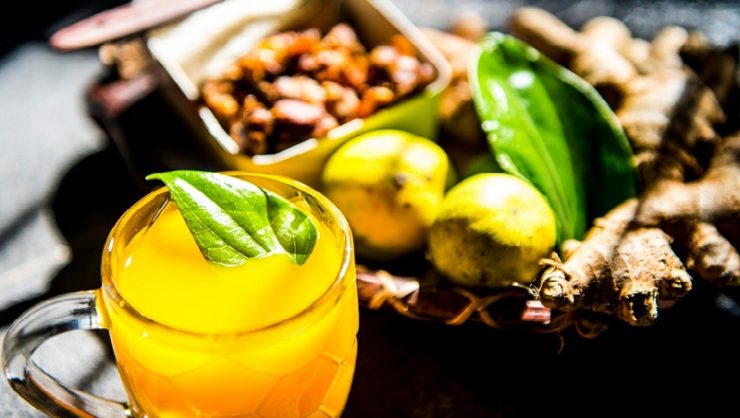APPARENTLY, that jamu or herbal medicine contributes positively to tourism and the resilience of the creative economy, so it is necessary to improve its use. Jamu as an Indonesian cultural heritage needs to increase the exposure of its use in order to continue to contribute positively to economic growth and resilience, especially the tourism sector and the creative economy.
According to the Minister of Tourism and Creative Economy, Sandiaga Uno, when giving a virtual speech in commemoration of the National Herbal Day 2024 in Jakarta, Monday (05/27), 2024 said in the 18th session of the Intergovernmental Committee for the Safeguarding of the Intangible Cultural Heritage in the Republic of Botswana, held on December 6, 2023, the United Nations Educational, Scientific and Cultural Organization (UNESCO) officially established herbal medicine as a cultural heritage of Indonesia.
The Ministry of Tourism and Creative Economy together with the Indonesian Herbal Council (DJI) are working together to further expand the use of jamu in the tourism sector and among the younger generation. By making jamu a cultural heritage of Indonesia’s indigenous people, Sandiaga hopes that the younger generation will continue to preserve a healthy culture for the future.
“Let’s keep Indonesia healthy and fit. I consume jamu, you must also consume jamu,” he said.
On the same occasion, Tourism Ministry’s Director of Tourism Special Interest, Itok Parikesit said that the government continues to encourage the use of herbal medicine as one of the fitness tourisms.
“The goal is for Indonesia to become a destination for wellness tourism and to produce fitness products that are globally competitive. Our neighboring countries have wellness tourism as well, but rest assured Indonesia can produce wellness products above them, “said Itok.
He said, the highest wellness tourism commodity in Indonesia consists of healthy food, personal care and beauty, and traditional Natural Medicines (traditional medicine).
He explained that, jamu or herbal medicine is one of the products that is widely used in wellness tourism so that it has the potential to strengthen the tourism sector and the creative economy. Therefore, the government through Kemenparekraf continues to introduce herbal medicine as part of Wellness Tourism when promoting abroad.
“This is our momentum to preserve and develop the use of herbal medicine as a cultural heritage of the nation that not only has economic benefits, but also for health,” Itok Parikesit concluded. [antaranews/photo special]
















